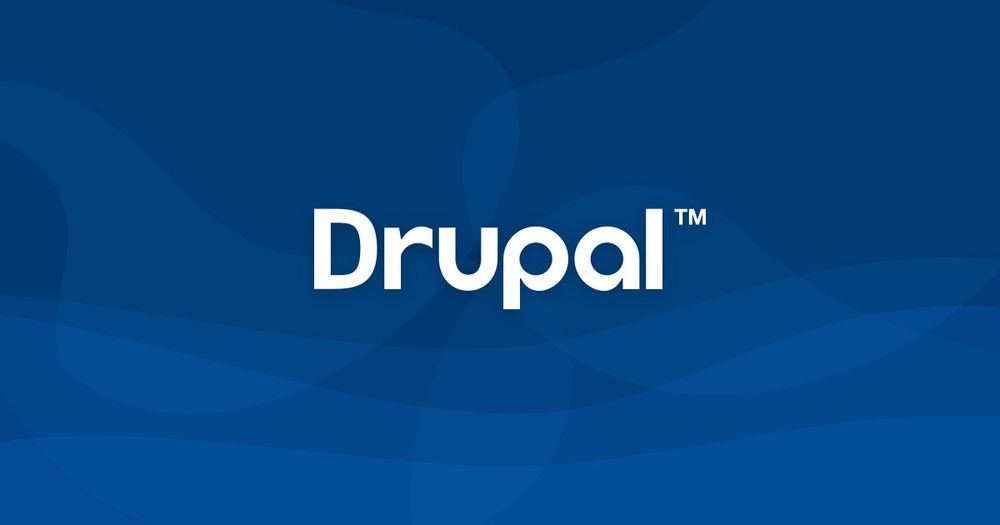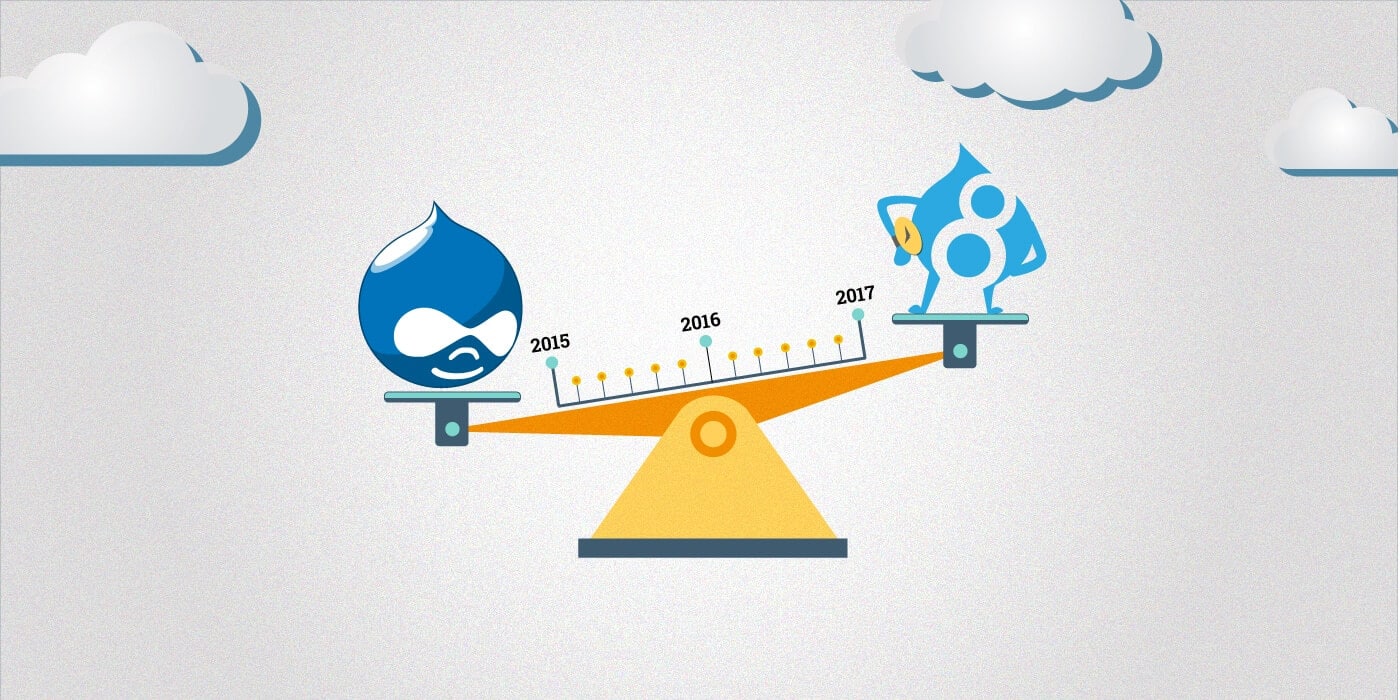In the knowledge economy, an organization’s most valuable resource is its people, and providing the opportunity to contribute helps with employee satisfaction (and therefore, retention) for the contributor. Savas Labs has had the chance to grow throughout 2019 consistently. With that fortune, I have spent a fair amount of time conversing with applicants, a majority of whom express an interest in the opportunity to contribute to OSS and that they appreciate how we do that at Savas. So, it stands to reason, to remain a competitive workplace, it has become somewhat of an expectation that OSS contribution is part of company time. Marketing these contributions entices future applicants, which can be tremendously valuable.
I would argue (I am, quite cogently, I might add) that recruiting, employee satisfaction, and retention confer the most significant organizational benefits from flex time OSS contribution. Existing and prospective team members do understand OSS and are intrigued by an environment that will help them contribute to it for all the reasons mentioned.
OSS Contribution Financial Impact
One thing we’ve learned from Pink is that people aren’t as professionally motivated by money as we might think they are. When the work requires at least “rudimentary cognitive skill,” an individual tends to focus on other emotionally fulfilling aspects of their work. In most cases, OSS contributors within a company don’t see much difference in their compensation regardless of the amount of time given for contribution. Organizations, however, typically have more financially-oriented goals and have a greater onus to serve their stakeholders (employees, owners, and investors). Therefore, necessarily, they need to focus on money more than individuals do. To “take the issue of money off the table,” as Pink suggests, those of us who run organizations need to be financially competent and transparent so that finances are not an issue non-owning team members need to worry about. All this to say, there are challenges to striking a healthy balance of company flex time, and it is of utmost importance for organizations to justify the return on investment from a host of perspectives.
Challenges To OSS Contribution
Like all things in life not created equally, the ability to contribute to OSS is no exception. To his credit and admitting to the errors of his previous oversight (with some assistance from the diversity and inclusion team, as well as others he’s employed), the creator of Drupal, Dries Buytaert, writes well to the fact that OSS contribution is a tremendously privileged activity. Therefore, who gets to contribute is not evenly distributed in society, and neither are the advantages that come along with having those public contributions to reference. Others have said it well in the past:






